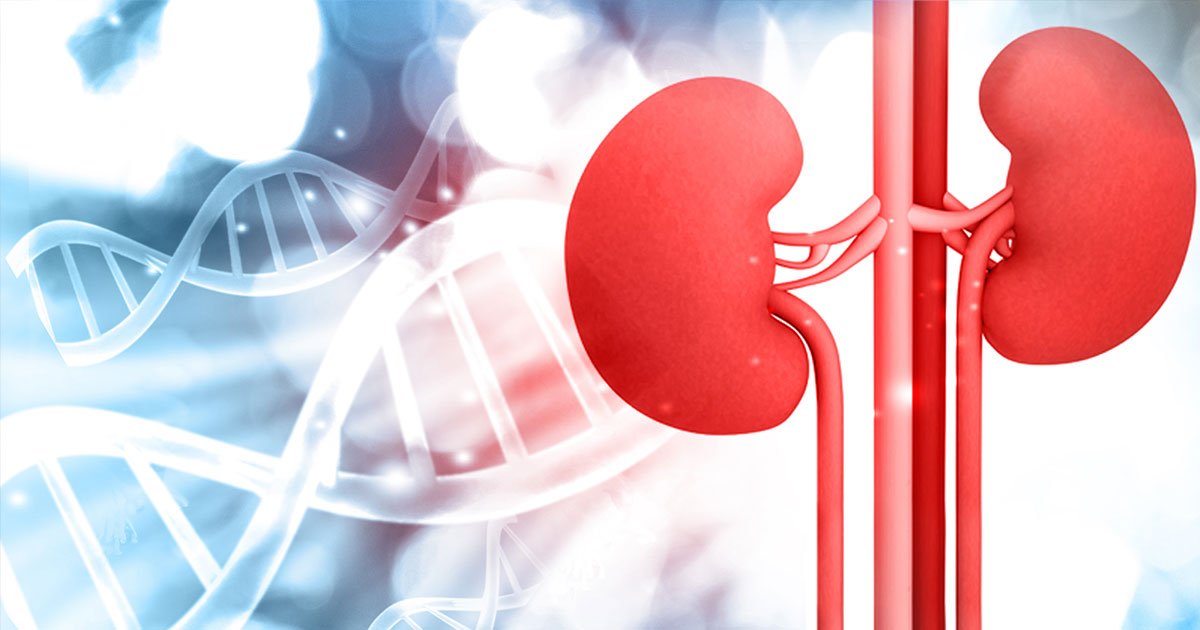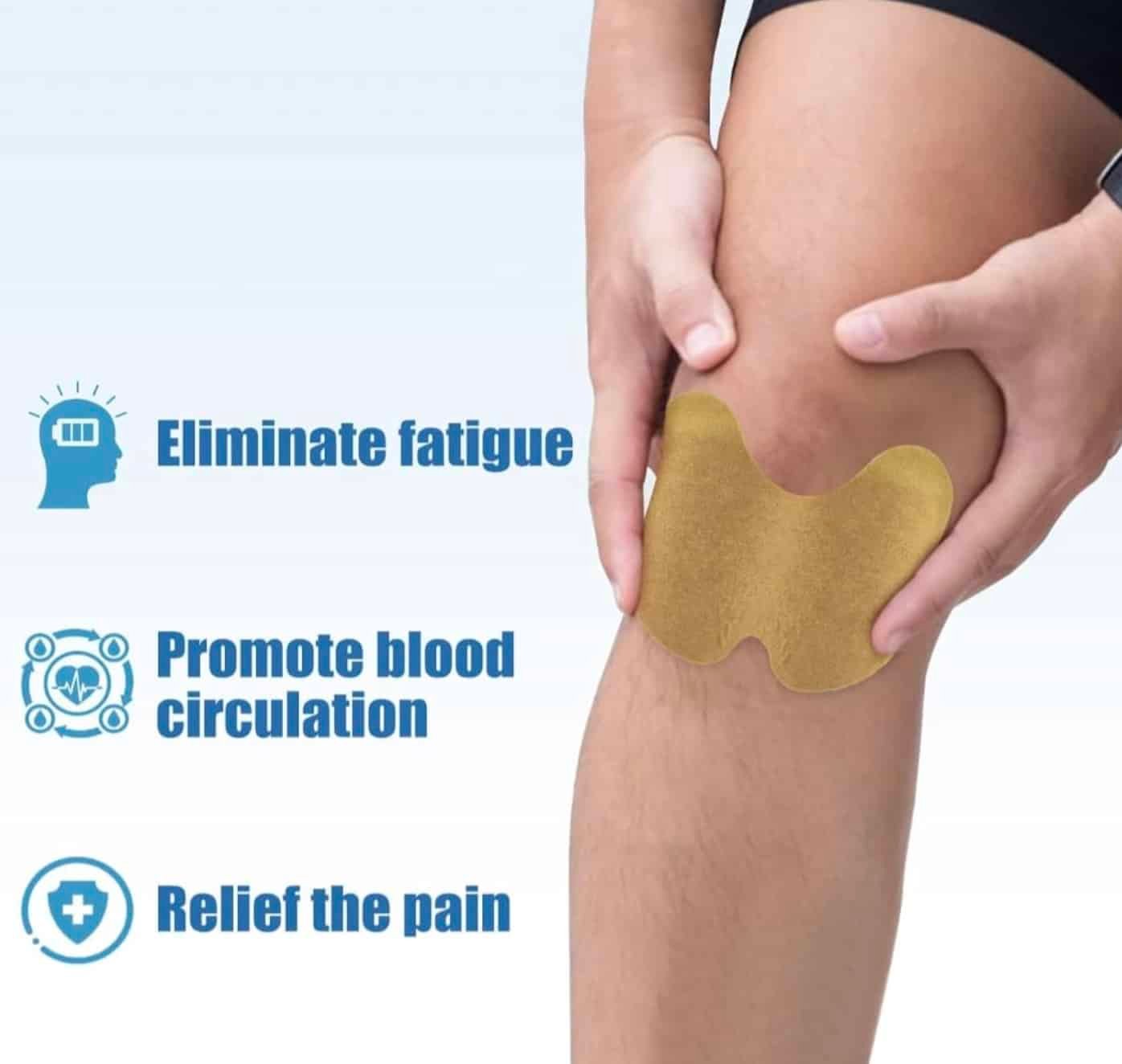What is Kidney Failure?
Kidney failure, also known as renal failure, is a severe medical condition affecting millions worldwide. It occurs when the kidneys can no longer filter waste products and excess fluid from the blood, leading to a buildup of toxins in the body. Various factors, including diabetes, high blood pressure, and certain medications, can cause this condition. If left untreated, kidney failure can be life-threatening.
Kidney failure, also known as end-stage renal disease (ESRD), is a serious condition in which the kidneys are no longer able to filter waste and excess fluids from the blood. It can be caused by a variety of factors, including diabetes, high blood pressure, and certain genetic conditions.
What is Kidney Failure Medicine?
Kidney failure medicine is a medication that is used to manage the symptoms and complications of kidney failure. These medications work by either reducing blood pressure or helping the kidneys eliminate excess fluid from the body.
Fortunately, medical science has made significant advances in treating kidney failure over the years. One of the most promising breakthroughs in recent times is a revolutionary medicine that has been shown to manage this condition effectively. This article will explore this groundbreaking treatment in detail, discussing its benefits, how it works, and who can benefit from it.
While these medications can effectively manage kidney failure symptoms, they do not cure the condition. Kidney failure may sometimes progress to the point where a patient requires dialysis or a kidney transplant. Therefore, it is essential to seek medical attention as soon as possible if you experience symptoms of kidney failure, such as fatigue, leg swelling, or shortness of breath.
It is important to note that medication management for kidney failure should be done in consultation with a healthcare provider, as the medications used will vary depending on the individual’s specific needs and underlying conditions.
Kidney Damage Treatment: Options and Solutions
In addition to medication, several other treatments are available for kidney damage. These treatments can help slow the condition’s progression and improve kidney function. Some of the most common kidney damage treatments include:
- Dietary Changes: One of the most effective ways to manage kidney damage is to change your diet. It may include limiting your intake of salt, protein, and phosphorus and drinking plenty of water.
- Blood Pressure Medication: High blood pressure is a leading cause of kidney damage, so taking medication to lower your blood pressure can help slow the condition’s progression.
- Dialysis: Dialysis is a medical procedure that uses a machine to filter waste products and excess fluid from the blood when the kidneys can no longer do so. This treatment can be done in a hospital or at home, and it can help improve overall kidney function.
- Kidney Transplant: A kidney transplant may sometimes be necessary to treat kidney damage. It involves removing a diseased kidney and replacing it with a healthy kidney from a donor.
The Benefits of Revolutionary Medicine for Kidney Failure
While traditional kidney failure medicine can be effective in managing the symptoms of this condition, it cannot always prevent the progression of the disease. It is where a revolutionary drug for kidney failure comes in. This medication has been shown to not only manage the symptoms of kidney failure but also slow the progression of the disease and improve overall kidney function.
The benefits of this breakthrough treatment are numerous. For one, it can help reduce the risk of complications associated with kidney failures, such as heart disease and stroke. Additionally, it can help improve the overall quality of life by reducing symptoms such as fatigue, swelling, and shortness of breath.
How Revolutionary Medicine for Kidney Failure Works
Revolutionary medicine for kidney failure works by targeting a specific protein in the body called the endothelin receptor. This protein plays a role in regulating blood flow to the kidneys, and it is believed that inhibiting its activity can help improve kidney function.
What is Kidney damage treatment?
Kidney damage treatment is crucial in managing kidney disease and preventing further damage to the kidneys. Treatment options vary depending on the injury’s severity and the condition’s underlying cause. Some common treatments for kidney damage include medication, lifestyle changes, dialysis, and kidney transplant.
Ways to manage Kidney damage
Dietary changes are one of the most effective ways to manage kidney damage. A healthy diet can help reduce stress on the kidneys and slow disease progression. It may include limiting salt, protein, and phosphorus intake and drinking plenty of water. Sometimes, a dietician may be consulted to develop a personalized meal plan.
Another critical component in managing kidney damage is managing blood pressure. High blood pressure is a leading cause of kidney damage, and medications to lower blood pressure may be prescribed to slow the condition’s progression. Maintaining a healthy weight, exercising regularly, and quitting smoking are essential, as these factors can also contribute to high blood pressure.
In more severe cases of kidney damage, dialysis may be necessary to remove waste products and excess fluid from the blood. There are two types of dialysis: hemodialysis and peritoneal dialysis. Hemodialysis involves filtering the blood through an external machine, while peritoneal dialysis uses the abdominal cavity lining as a filter. Depending on the patient’s needs, dialysis may be done in a hospital or at home.
A kidney transplant may sometimes be necessary to treat kidney damage. It involves removing a diseased kidney and replacing it with a healthy kidney from a donor. A kidney transplant is a major surgery and requires lifelong medication to prevent the rejection of the new kidney. However, it can significantly improve overall kidney function and quality of life for those with severe kidney damage.
Conclusion
Kidney failure medicine and kidney damage treatment have come a long way in recent years, with new and innovative treatments being developed to manage and prevent the progression of kidney disease. From medications to dietary changes, dialysis, and kidney transplants, a range of treatment options are available to those living with kidney disease.
However, it is essential to note that prevention is critical in maintaining overall kidney health. Regular check-ups with a healthcare provider, maintaining a healthy weight, exercising regularly, quitting smoking, and managing blood pressure and diabetes can all help prevent kidney disease or slow its progression.




